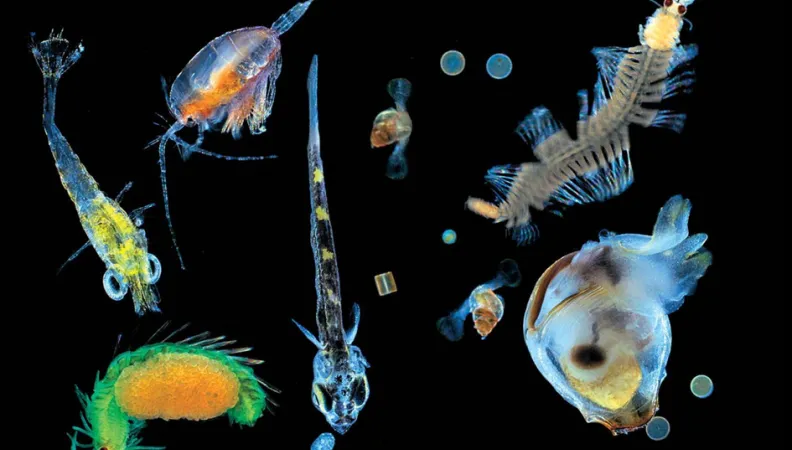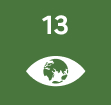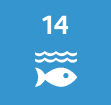Share the page
Advancing Knowledge of the Marine Microbiome (Plankt’ECO)
Project
Published on


-
Project start date
-
Status
In progress
-
Estimated date of project termination
-
-
Project financing date
-
-
Financing duration
-
4 years
-
Type of program
-
FFEM
-
Global financing amount
-
€ 10 700 000
-
FFEM financing amount
-
€ 2 200 000
-
Project lead member institution(s)
-
French Ministry of the Ecological Transition
-
Country and region
-
Mauritania, Senegal, West Africa
-
Type of financing
-
Partners
-
EU, IRD
-
Beneficiaries
-
Tara Ocean Foundation


The marine microbiome contributes to life on Earth, but our understanding of it remains limited. Led by the Tara Ocean Foundation, the Plankt’ECO project supports research on this topic and enhances existing knowledge.
Context
The global ocean provides essential goods and services for life on Earth. It houses the marine microbiome, which encompasses all forms of unicellular marine life and viruses. As the first link in the food chain, the microbiome nourishes part of humanity every day. It also plays a key role in climate cycles, producing as much oxygen and absorbing more carbon dioxide than all the world’s forests combined. Despite recent advances in international research, our understanding of the marine microbiome’s composition, geographical distribution, and functions within ocean ecosystems remains limited. The Plankt’ECO project aims to bridge these knowledge gaps by developing scientific tools to identify key areas for biodiversity conservation, both within and beyond national jurisdictions.
Description
The project is structured around three components:
- Enhance scientific knowledge and modeling tools applied to the microbiome and zooplankton, particularly in relation to fisheries.
- Strengthen the capacities, equipment, and partnerships of Southern countries to produce and disseminate knowledge on the microbiome.
- Promote the integration of the microbiome and knowledge-sharing into marine biodiversity governance at various scales.
Impacts
- Provide decision-makers with tools to measure and map the services of planktonic ecosystems for climate regulation and sustainable fisheries.
- Position West African countries as key players in ocean governance and marine biodiversity conservation.
Innovative and exemplary features
The Plankt’ECO project develops new scientific tools while strengthening the scientific capacities of Southern countries and fostering South-South partnerships between West Africa and Chile. It also raises awareness among West African children about ocean ecosystems and the role of plankton in the global climate, using innovative observation and discovery materials.
The innovative nature of the Plankt’ECO project deserves special attention. It will enable the development of cutting-edge scientific approaches and capacities in the South, while facilitating networking among researchers, academic institutions, and leading global laboratories specializing in marine plankton ecosystem modeling.
Sustainable Development Goals
ODD13 Climate action

ODD14 Life below water



